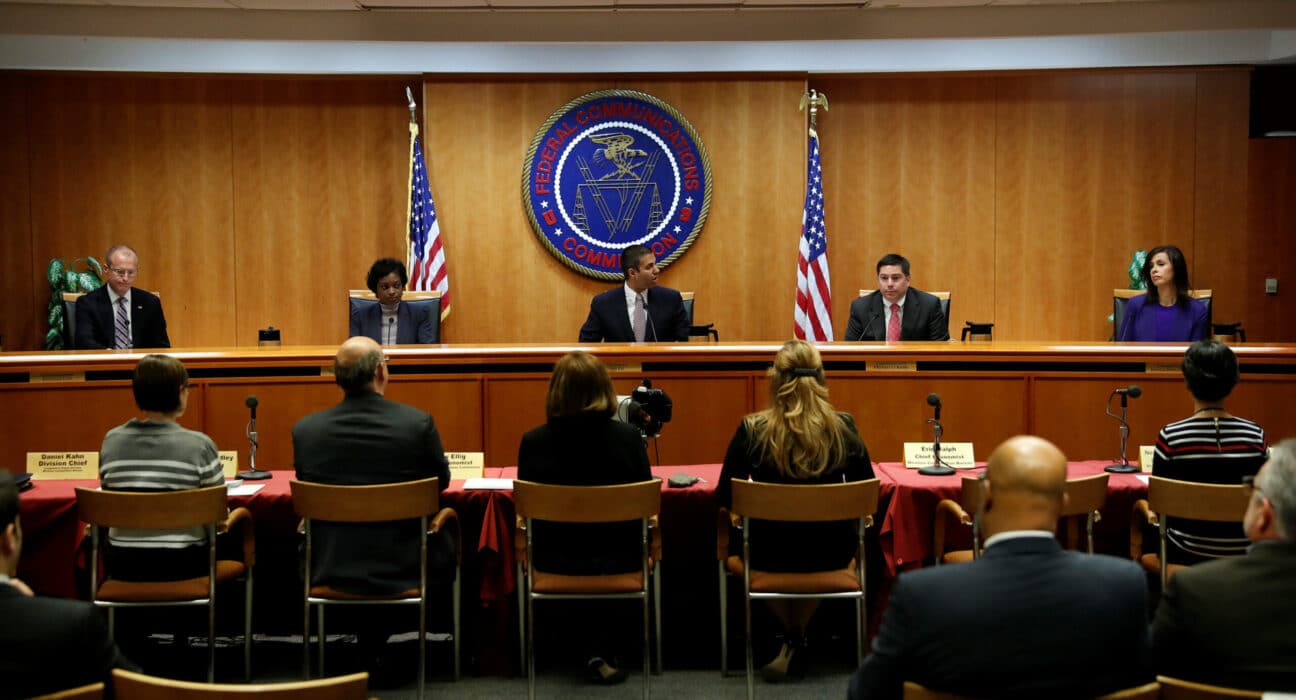U.S. Regulators Target Crypto Firms
The rise of cryptocurrencies has not only ushered in a new era of financial innovation but also sparked challenges in regulatory oversight. On July 13, the U.S. Commodity Futures Trading Commission (CFTC) and the U.S. Securities and Exchange Commission (SEC) issued orders against Abra and its partner firm Plutus Technologies Philippines Corporation for engaging in illegal off-exchange activities involving digital assets and foreign currency.
The charges and subsequent settlement agreements highlight the regulatory complexities surrounding digital assets and the consequences for companies that fail to comply with U.S. financial laws.
Key Allegations Against Abra and Plutus Technologies
1. Unauthorized Financial Transactions
Abra operates a mobile application that facilitates financial transactions via contracts on the Bitcoin blockchain. Users were allowed to fund their accounts with U.S. dollars or Bitcoin (BTC) and enter into agreements that mimicked exposure to price movements of multiple foreign currencies, including the euro and Mexican peso.
2. Regulatory Violations
- The SEC determined that these agreements constituted security-based swaps.
- They were offered to non-eligible participants without proper registration, violating the U.S. Securities Act.
3. Attempted Restriction to Non-U.S. Residents
- Despite discontinuing the service temporarily in 2018, Abra resumed operations, attempting to limit offerings to non-U.S. residents.
- However, Abra relied heavily on its California-based employees and operations to facilitate these transactions, further complicating compliance efforts.
Details of the Regulatory Actions
1. CFTC Charges
The CFTC charged Abra and Plutus Technologies for failing to meet regulatory requirements related to off-exchange digital asset activities.
2. SEC Cease-and-Desist Proceedings
The SEC initiated cease-and-desist proceedings and reached a settlement agreement with the companies. The violations included:
- Improper Security-Based Swaps: Offering unregistered securities.
- Non-Eligible Participants: Allowing ineligible users to engage in transactions without proper disclosures.
Understanding the Legal Violations
1. Security-Based Swaps
The agreements offered by Abra and Plutus Tech allowed users to gain synthetic exposure to foreign currencies, categorized as security-based swaps under U.S. law.
2. Non-Compliance with Registration Requirements
- U.S. laws mandate that such instruments be registered and offered only to eligible participants.
- The companies failed to obtain the necessary registration statements, violating the Securities Act.
Timeline of Events
1. Initial Offerings (March 2018)
Abra allowed users to fund their accounts with Bitcoin and enter into financial contracts mimicking the price movements of various foreign currencies.
2. Temporary Discontinuation
After discussions with the SEC, Abra ceased offering these agreements, only to resume them later with restrictions to non-U.S. residents.
3. Resumption and Continued Violations
Despite attempts to limit offerings to foreign investors, the reliance on California-based operations tied the services back to U.S. jurisdiction.
Consequences for Abra and Plutus Tech
1. Settlement Agreements
- Both companies reached settlements with the SEC and CFTC, agreeing to cease violations and pay penalties.
- These agreements highlight the regulators’ focus on enforcing compliance in the cryptocurrency sector.
2. Financial Penalties
The companies are expected to pay substantial fines as part of the settlement, reinforcing the importance of adhering to U.S. financial laws.
Implications for the Crypto Industry
1. Increased Regulatory Scrutiny
- This case underscores the growing regulatory attention on crypto companies, particularly those operating across borders.
- Firms must ensure compliance with local and international laws to avoid similar penalties.
2. Challenges in Global Operations
- The reliance on U.S.-based operations for a service targeting foreign users illustrates the complexities of navigating multi-jurisdictional regulations.
3. Need for Transparent Compliance
- Companies must invest in compliance frameworks that address registration, reporting, and operational transparency.
Expert Perspectives
1. Regulatory Agencies
The SEC and CFTC have reiterated their commitment to cracking down on unregistered financial activities in the crypto space:
“This action demonstrates that no matter where a firm operates, its activities must comply with U.S. regulations if they have a significant connection to U.S. markets.”
2. Industry Analysts
Crypto experts view the case as a cautionary tale for companies operating at the intersection of digital assets and traditional finance.
What This Means for Crypto Companies
1. Heightened Enforcement Risks
- Companies offering security-based swaps or similar instruments must prioritize compliance to avoid regulatory repercussions.
2. Enhanced Operational Due Diligence
- Clear demarcation of roles and jurisdictions is essential to prevent inadvertent violations.
3. Importance of Registration
- Registration and disclosure are critical for financial instruments involving U.S. residents or operations.
Conclusion: A Regulatory Wake-Up Call for Crypto Firms
The actions against Abra and Plutus Technologies highlight the regulatory challenges faced by crypto companies operating in a rapidly evolving landscape. As the industry matures, the need for compliance with U.S. securities laws and international regulations becomes increasingly important.
For companies, this case serves as a reminder to prioritize transparency, registration, and operational clarity to navigate the complex web of global financial laws. For investors, it underscores the importance of engaging with platforms that adhere to robust regulatory standards.
Stay informed about cryptocurrency regulations and market developments by exploring our article on latest news, where we analyze key trends shaping the future of digital assets.
Disclaimer: The information provided is not trading advice, Bitcoinworld.co.in holds no liability for any investments made based on the information provided on this page. We strongly recommend independent research and/or consultation with a qualified professional before making any investment decisions.

